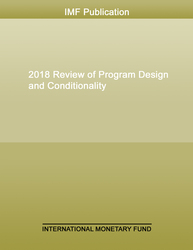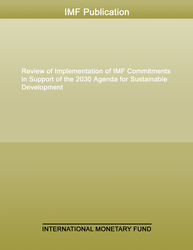
If Not Now, When? Energy Price Reform in Arab Countries; April 2017 Rabat, Morocco
Regulating energy prices has been a common practice around the world.
READ MORE...
Volume/Issue:
Volume 2017
Issue 030
Publication date:
ISBN:
Add to Cart by clicking price of the language and format you'd like to purchase
Available Languages and Formats
Topics covered in this book
This title contains information about the following subjects.
Click on a subject if you would like to see other titles with the same subjects.
Economics- Macroeconomics , Public Finance , PP , price , country , government , price gap , energy price , country authorities , reference price , oil price , Energy pricing , Energy prices , Oil prices , Fuel prices , Energy subsidies , Global
Also of interest
Summary
Regulating energy prices has been a common practice around the world. The objective is, generally, to facilitate access to energy products, which are central to people’s well-being and countries’ economic development. However, energy price regulation also leads to wasteful and excessive consumption, discourages investment in the energy sector, and locks in inefficient technologies. Low energy prices also result in subsidies that erode fiscal space, while benefits for the poor are limited. All these effects have been evident in Arab countries, where domestic energy prices are among the lowest in the world. The current environment of low oil prices offers a unique opportunity for change. Lessons from international experience suggest how well thought-out and sequenced reforms can be successful.
Copyright © 2010 - 2025
Powered by:
AIDC



